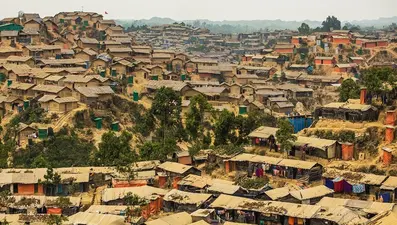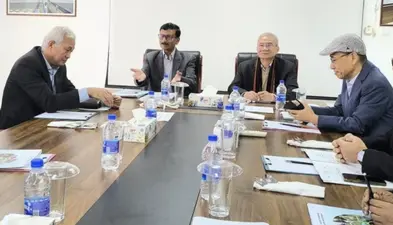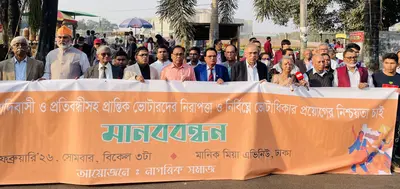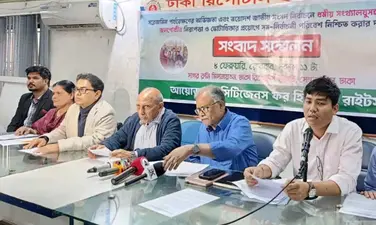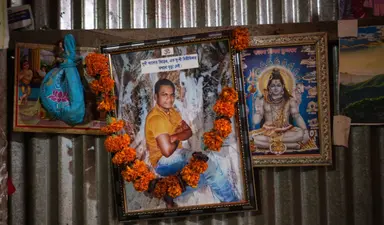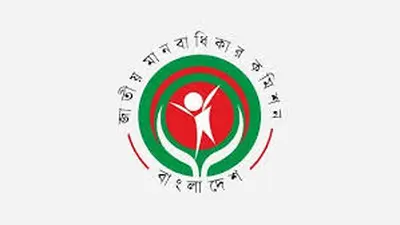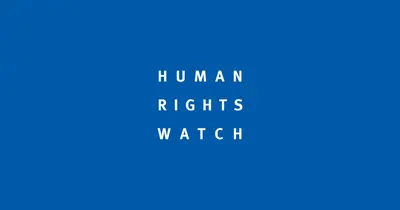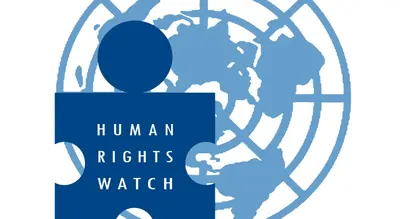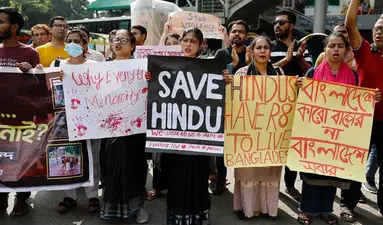NHRC Remains Leaderless, Inactive as Citizens Suffer
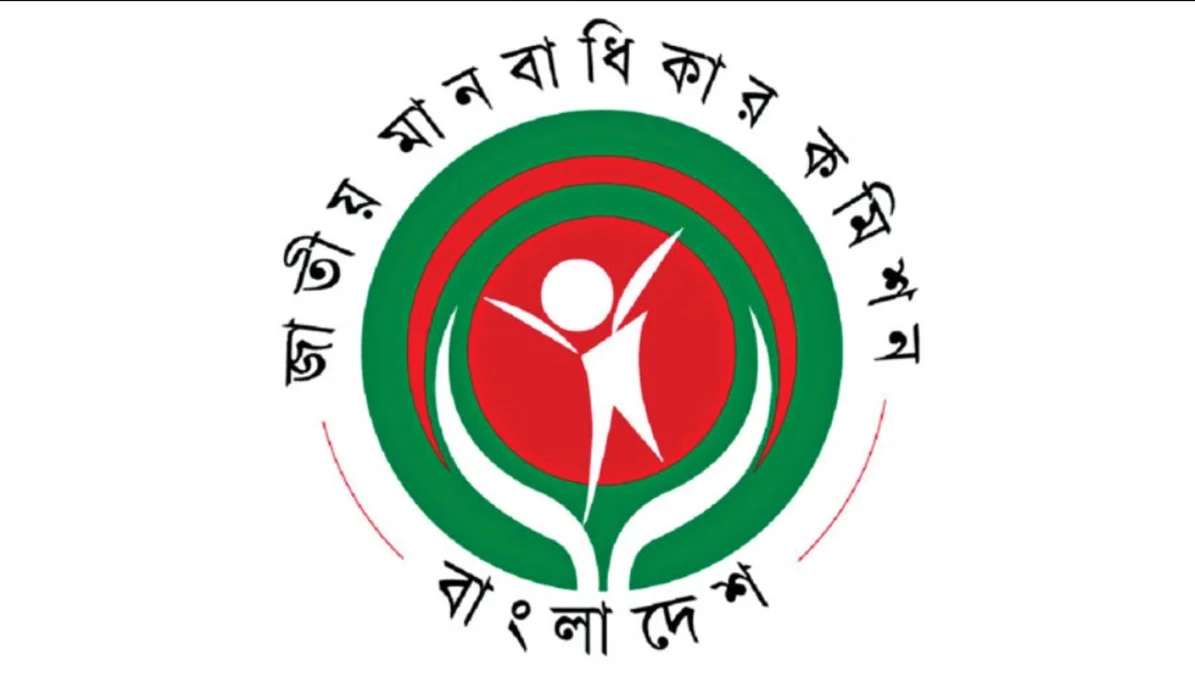
Bangladesh’s National Human Rights Commission (NHRC) has been without leadership for more than ten months, leaving the institution paralysed at a time when allegations of rights abuses are rising across the country. Despite repeated promises of reform, no progress has been made in reconstituting the commission, sparking frustration among citizens and concern from rights defenders and international partners.
The crisis began in November last year when NHRC Chairman Dr Kamal Uddin Ahmed and five other members resigned, following criticism that the body’s leadership was politically appointed and lacked independence. Since then, its 73-member staff has continued to receive complaints, but the absence of commissioners has left the NHRC unable to investigate cases or issue rulings. Hundreds of complaints have piled up, ranging from labour disputes and land conflicts to allegations of abuse by police and security forces, yet none have been resolved.
“We are only receiving complaints and carrying out administrative tasks,” NHRC Secretary Sebastin Rema told reporters earlier this year. Deputy Director Farhana Syead added that people come every day seeking updates on their cases but leave disappointed, as staff have no authority to take decisions.
Civil society organisations warn that the vacuum has left victims without recourse and eroded public trust in the country’s national rights body. Critics argue that the NHRC was already a “toothless institution” because of restrictions in the 2009 Act, which bars it from investigating law enforcement agencies or intervening in court cases. Now, with no commissioners in place, the body has become little more than a complaints desk.
International watchdogs have also raised alarm. The Global Alliance of National Human Rights Institutions (GANHRI) previously downgraded Bangladesh’s NHRC to a “B” status, citing its lack of independence from government influence. Observers fear that continued inactivity will further weaken its credibility and undermine Bangladesh’s standing on the global human rights stage.
The government has pledged to amend the NHRC Act to strengthen independence and accountability. A nationwide consultation process, launched in collaboration with the United Nations Development Programme (UNDP) and the Swiss Embassy, is underway to draft amendments. Meetings have already been held in Sylhet and Khulna, with further divisional consultations planned before a national dialogue in Dhaka later this year. Officials say the goal is to ensure transparent appointments, stronger investigative powers, and greater financial autonomy for the commission.
Rights activists, however, caution that time is running out. Former NHRC chairman Dr Mizanur Rahman has called for urgent reforms, including the power to investigate law enforcement abuses, reduced political control over appointments, and genuine financial independence. “Without these changes, the commission will continue to exist in name only,” he warned.
Women’s rights groups, including the Bangladesh Mahila Parishad, stress that the NHRC’s inactivity has particularly endangered vulnerable groups such as women, minorities, and indigenous peoples. Migrant rights advocates also note that many cases of abuse abroad go unreported and unaddressed, issues the NHRC should have been taking up.
As Bangladesh faces rising political violence, attacks on press freedom, and mounting allegations of abuses by state actors, the absence of a functioning human rights commission has left citizens with little hope of accountability. Unless the commission is reconstituted soon and equipped with genuine independence, rights defenders fear the NHRC will remain a symbolic institution—silent when it is most needed.

